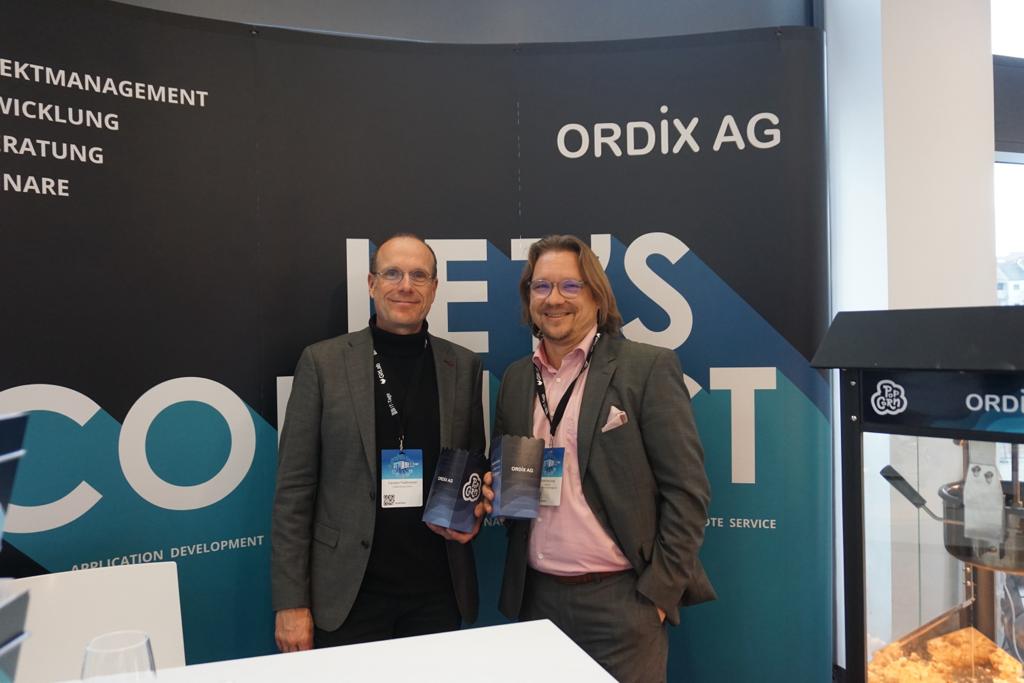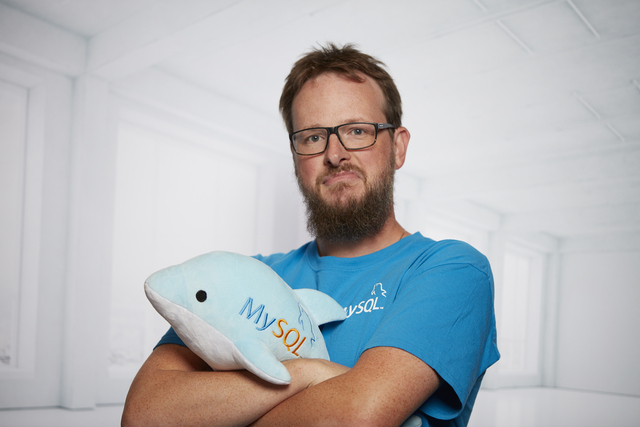The Oracle ACE Program is a community advocacy program that recognizes and rewards individuals for their expertise, leadership, and contributions to Oracle technologies. Within this program, there exists a specialized category for the MySQL experts and contributors.
To become recognized as an Oracle ACE for MySQL, individuals must demonstrate a deep comprehension of MySQL, make notable contributions to the community through various mediums such as blogs, articles, or presentations, and actively participate in the MySQL community by engaging in forums, conferences, and related events.
Successful candidates receive recognition as Oracle ACEs and gain access to exclusive benefits such as a privileged channel to discuss with the MySQL Community Team to discuss the product and Community events.
The list of the Oracle ACEsfor MySQL 2023 Members is available on this post.
If you are interested in becoming an Oracle ACE for MySQL, or in learning more about the Oracle ACE program, you can access ace.oracle.com.
Today, we will meet Matthias Jung, one of our Oracle ACE for MySQL based in Germany. I had the chance to meet Matthias at DOAG earlier this year.
Matthias is one of the most visible “MySQL faces” at all OpenSource/Database/Oracle related events in the DACH region – it is hard not to meet him or attend one of his great physical or virtual sessions.
You can read some articles from Matthias on Ordix’s blog patform: https://blog.ordix.de/blogger/matthias-jung
The interview was held at the IT-Tage in Frankfurt by my colleague Carsten Thalheimer (on the left), well knwon Solution Engineer accross Europe.

- Carsten: Hello Matthias, tell us who you are…
- Matthias: I’m a division manager at ORDIX AG. My great team of about 80 (mostly) consultants is focused on any database and data management technology projects. ORDIX develops customized solutions for our customers and offers public and customized training in all areas of IT. I’m usually busy managing the day-to-day business, but I still love to get involved in Oracle DB or MySQL projects. I’m living north/west of Frankfurt with my family (girlfriend, 3 kids, dog, cat).
- C: Still time for hobbies?
- M: Lots of them, I like to travel (mainly Ireland, Nordic countries and due to my wife Kyrgyzstan). I’m trying to play the guitar. And I collect good quality whisky (and try it from time to time).
- C: When did you start using MySQL and why?
- M: I’ve been using Oracle DB since Release 8. My first MySQL project was based on MySQL 3.23. As part of the LAMP stack I was building a new store for ORDIX. Luckily me, Oracle acquired Sun. That made my job a lot easier. I was also the one who developed the ORDIX MySQL courses and I still enjoy teaching them whenever possible.
- C: I’m confused, you’ve been working with Oracle for 20 years, but were only promoted to Oracle ace a year or so ago?
- M: I’d rather not comment on that, but to be fair I didn’t know about the ACE program until about 18 months ago.
- C: Which version do you use most?
- M: MySQL LTS as soon as it is available – laughing, only Linux of course.
- C: What is your favorite feature of 8.0?
- M: Not really MySQL 8.0 related, but MySQL Shell is fantastic and one of the big differentiators compared to other database clients.
- C: I was going to ask which DBA toolkit you use …
- M: For me MySQL Shell is the answer. If you use MySQL Cluster [InnoDB Cluster] your life is very much easier with it. Cloning, Copying Tables, all of this took hours before the Shell. We have also used Group Replication and related technologies – within ORDIX we believe Shell is the answer.
- C: Do you also use OCI?
- M: Of course. We use it within ORDIX and for our student environments. OCI is on a good path, but it is still not widely used by our customers.
- C: What about MySQL HeatWave?
- M: It looks promising. But the reality is that it will take time for these technologies to reach our customers. I still have customers running MySQL 5.6 and Oracle 11.
- C: Your latest MySQL book
- M: I read “High Performance MySQL” a long time ago. And I still read chapters from time to time to refresh the ideas.
- C: We have a big event coming up at MySQL Belgian Days 2024, will you be there?
- M: Carsten, you’re trying really hard (laughing). But sorry, I can’t make it because of my youngest daughter’s dance class performance. I just took over the MySQL Meetup Group. I promise to offer a Meetup by then.
- C: It is XMAS, what would be your three wishes for MySQL?
- M: Puhh… there are some enterprise features that would be really useful in all MySQL products, e.g. MySQL Enterprise Backup. There are alternatives, but we talk to DBAs a lot. They are used to the physical backup approach. And your competitors have it as well. I think you should rethink your strategy, especially because MySQL Community is the foundation for you MySQL HeatWave plans. I’m not saying you should open source it, but you’re making your life harder than it should be.
We are also using Oracle Database Link very often. You had this idea within MySQL as the “Federated Engine”. I would love to see a bit more investment in this space. I also see a big community for MySQL Workbench, within my customers the most MySQL product used by far. The strategy going forward is not very well communicated for Workbench. But I’m sure we will discuss this during our Meetup soon.
- C: Thanks a lot for your time Matthias.
- M: Your welcome – go MySQL!
If you are passionate about MySQL and are interested in creating a collaborative environment that benefits both ACEs and the MySQL Community, please do not hesitate to submit your application. Alternatively, if you know someone who meets these criteria, we encourage you to nominate them.
